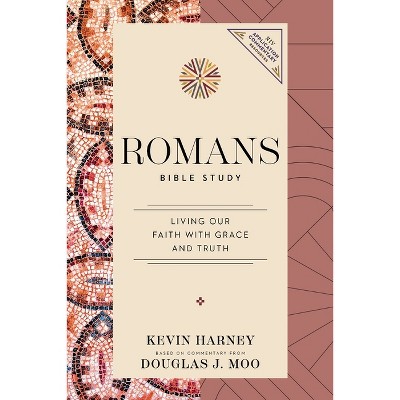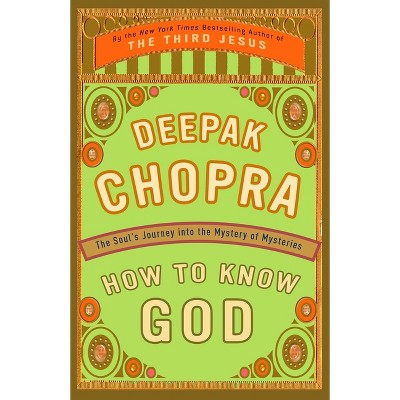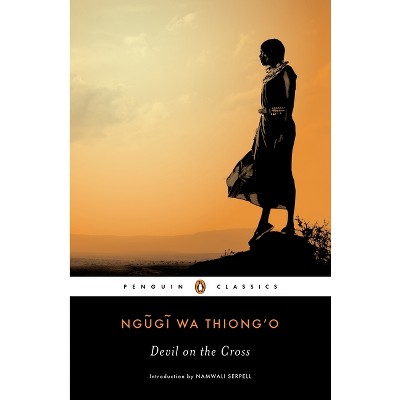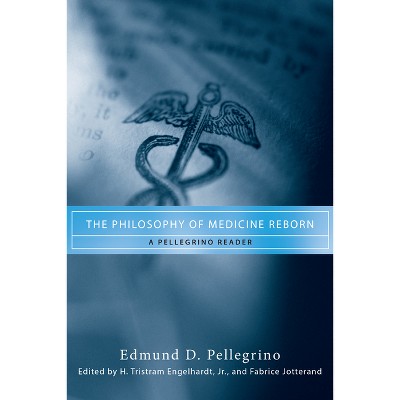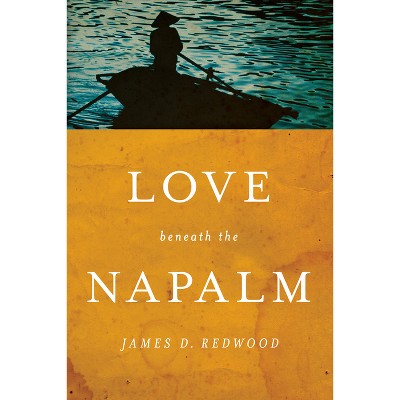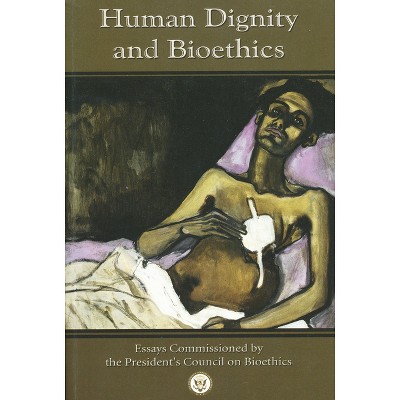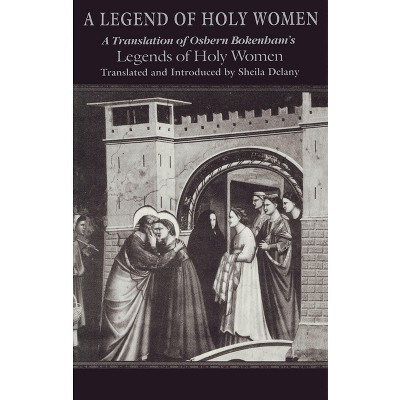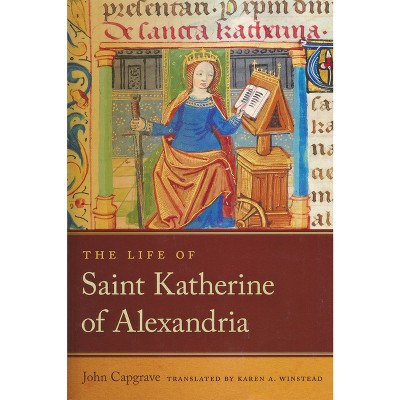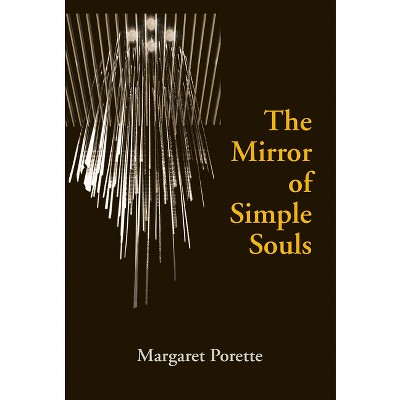Sponsored

Theology After Colonization - (Notre Dame Studies in African Theology) by Tim Hartman (Hardcover)
In Stock
Sponsored
About this item
Highlights
- Tim Hartman's Theology after Colonization uses a comparative approach to examine two theologians, one from Europe and one from Africa, to gain insight into our contemporary theological situation.
- About the Author: Tim Hartman is assistant professor of theology at Columbia Theological Seminary.
- 290 Pages
- Religion + Beliefs, Religion, Politics & State
- Series Name: Notre Dame Studies in African Theology
Description
Book Synopsis
Tim Hartman's Theology after Colonization uses a comparative approach to examine two theologians, one from Europe and one from Africa, to gain insight into our contemporary theological situation. Hartman examines how the loss of cultural hegemony through rising pluralism and secularization has undermined the interconnection of the Christian faith with political power and how globalization undermined the expansive (and expanding) mindset of colonialization. Hartman engages Swiss-German theologian Karl Barth (1886-1968), whose work responded to the challenges of Christendom and the increasing secularization of Europe by articulating an early post-Christendom theology based on God's self-revelation in Jesus Christ, not on official institutional structures (including the church) or societal consensus. In a similar way, Ghanaian theologian Kwame Bediako (1945-2008) offered a post-colonial theology. He wrote from the perspective of the global South while the Christian faith was growing exponentially following the departure of Western missionaries from Africa. For Bediako, the infinite translatability of the gospel of Jesus Christ leads to the renewal of Christianity as a non-Western religion, not a product of colonialization.
Many Western theologies find themselves unable to respond to increasing secularization and intensifying globalization because they are based on the very assumptions of uniformity and parochialism (sometimes called "orthodoxy") that are being challenged. Hartman claims Bediako and Barth can serve as helpful guides for contemporary theological reflection as the consensus surrounding this theological complex disintegrates further. Collectively, their work points the way toward contemporary theological reflection that is Christological, contextual, cultural, constructive, and collaborative. As one of the first books to examine the work of Bediako, this study will interest students and scholars of Christian theology, African studies, and postcolonial studies.
Review Quotes
"For those interested in learning more about African theology and who already have some grounding in the Western tradition, Hartman is a very able guide." --Theology Today
"This is the first significant comparison of Kwame Bediako and Karl Barth and one of the few treatments of Bediako. Tim Hartman's volume is very rare in the fields of theology and mission studies." --Willie Jennings, Yale Divinity School
"Tim Hartman presents one of the strongest texts, from the perspective of Western theology, that argues for the wider world appeal of contextual African theology; one of the best and perhaps the only courageous proposition I have ever read that presents Karl Barth as a contextual Western (Swiss) theologian without diminishing Barth's influence." --Elochukwu Uzukwu, Duquesne University
"Theology After Colonialization is well worth the read. It brings to light aspects of Karl Barth's theology that have long been neglected, and it introduces Kwame Bediako's theological insights to Western readers in a sustained and thoughtful way. . . . The book is an invitation to a longer conversation about how to forge a post-colonialist and post-Christendom path together. " --Modern Theology
About the Author
Tim Hartman is assistant professor of theology at Columbia Theological Seminary.Shipping details
Return details
Frequently bought together

Trending Non-Fiction






